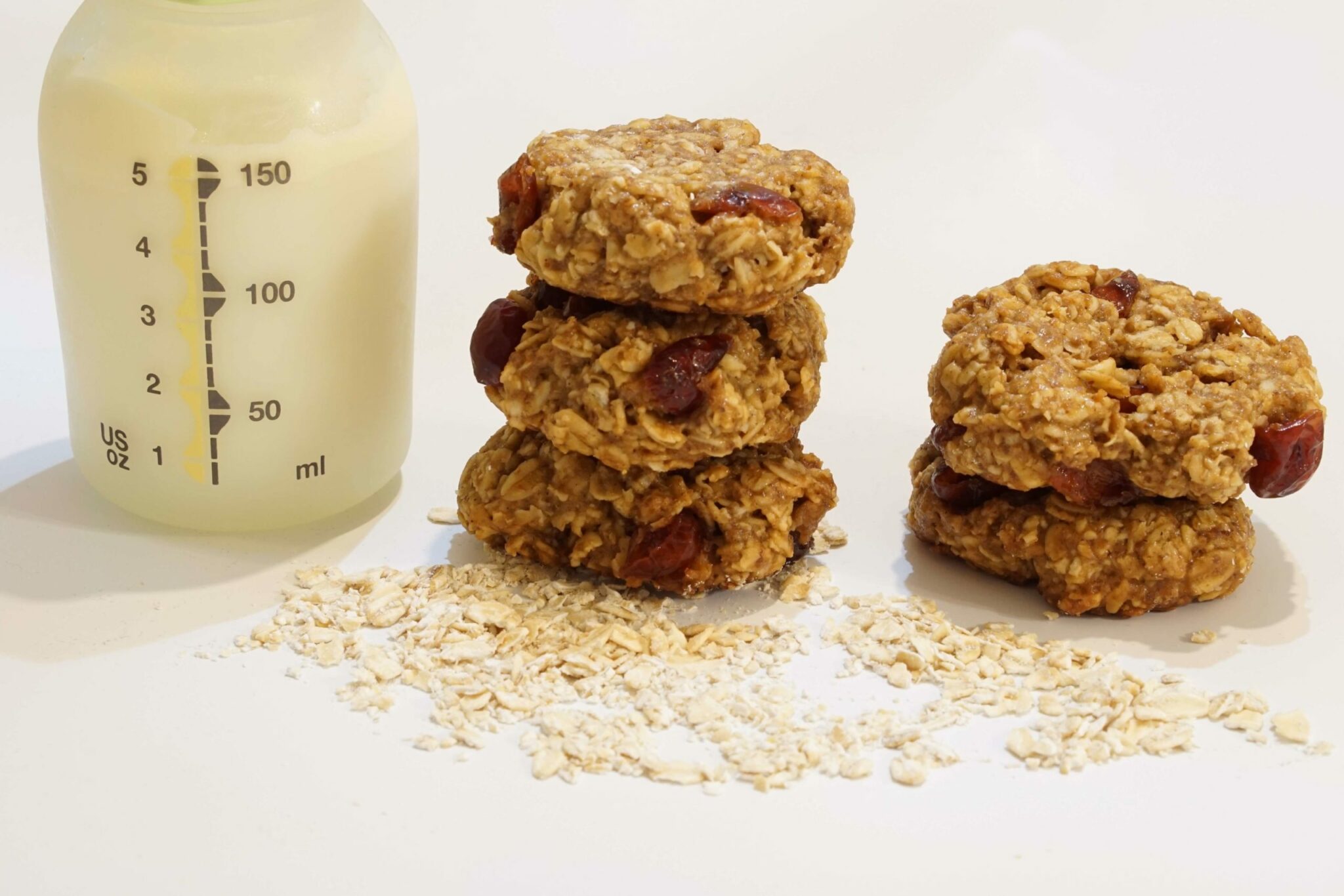Baby Development: Your 11 Month Old
Parents, you are nearing the finish line that marks the end of infancy. Soon you will have a toddler on your hands. This is an exciting transition that will affect all aspects of your child’s life.
By now, many 11-month-old babies are eating solids. These foods are offered in both pureed and soft solid form several times each day, in addition to breast milk, formula, or both. They are also drinking water. Parents should continue to avoid juice because it has no nutritional value in childhood and promotes the development of cavities.
Many parents are comfortable giving vegetables and fruit to their children but worry when initiating highly allergenic foods, like:
Egg
Milk
Peanut
Tree nuts (walnuts, almonds, and the like)
Soy/Soybeans
Wheat
Crustacean shellfish
Fish
According to the National Institute of Allergy and Infectious Disease, there is no need to avoid the introduction of highly allergenic foods after six months of age and doing so does not decrease the likelihood of developing an allergy. We still cannot predict which children will or will not develop a food allergy.
Parents may have also learned that the recommendations for introducing peanuts has changed from delaying introduction to early introduction. While this is true, the study reported was done on infants with high risk factors for food allergies. These risk factors included an egg allergy or severe eczema. The study did not evaluate low risk children. The NIAID recommendation for these children is to allow peanut products (whole nuts are a choking hazard until age 4).
If you or our child has a history of food allergy or your child has severe eczema, it is still best that you discuss the introduction of peanuts with your pediatrician or allergist prior to offering them to your child. Remember, foods containing milk are now appropriate, but don\’t substitute whole milk for breast milk or formula.
Also happening around this time are some wonderful physical milestones. Many 11-month-old babies have mastered crawling, pulling up, and even cruising. Some may even be walking by now. The walkers will have a wide-based gait and will land on their bottoms more often than not.
These older infants may also be climbers, attempting to get onto furniture and then climbing down. Because of this, your home must be completely toddler-proofed. Make sure furniture, televisions, and heavy appliances are attached to the walls. Stairwells should be gated. Pools need to be fenced and doors locked. Infants at this age continue to explore with their mouths, so objects smaller than the diameter of a toilet paper roll are too small and pose a choking risk. Try to offer your infant at least one, totally safe independent play space in your home. When designing it, think, “If my child were alone here, and I was locked out of the house, would she be safe?” If the answer is yes, then you are ready!
Do you still feel uneasy about potential food allergens? Get a pediatrician\’s perspective on food allergies with Dr. Sara Connolly.
Powered by Bundoo®










































